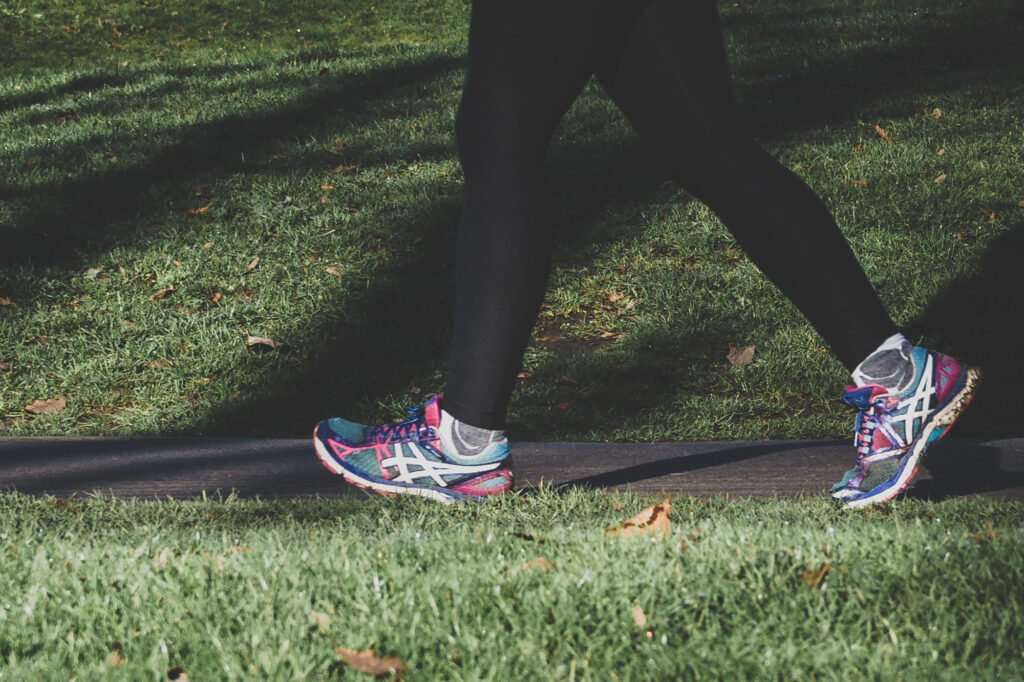A diagnosis of Alzheimer’s does not automatically mean that one immediately needs 24/7 care and can no longer do anything for themselves. In fact, with a bit of assistance from a qualified professional, healthy spouse or adult child, an individual with Alzheimer’s can still live at home and even handle day to day tasks.
It is important for someone who has been diagnosed with Alzheimer’s disease to exercise on a regular basis. Exercise helps a person maintain a normal day and night routine, reducing or even eliminating problems with insomnia. It can also reduce some of the symptoms of Alzheimer’s, enabling one to live a happy, productive life for longer than would have otherwise been possible. In fact, recent studies have found that exercise is more effective than various Alzheimer’s medications currently on the market.
Do’s and Don’ts
Most doctors recommend that a person with Alzheimer’s start with a ten minute exercise routine and then gradually increase duration as physical health and mental capabilities allow. Repetitive exercises such as riding an indoor bike, using an elliptical or Stairmaster and swimming can be ideal as one does not need to remember what to do next. Other suitable forms of exercise include Tai Chi, Yoga and walking. It may be necessary in some instances to secure the exercise area as many Alzheimer’s patients have trouble maintaining a sense of balance.
Always remember to warm up before exercising and cool down afterwards. Having water on hand is also a very good idea, as this reduces the risk of dehydration, especially when engaging in exercise outdoors. If an injury occurs or a person begins to feel pain or discomfort while exercising, it is important to stop the workout routine and visit a doctor as soon as possible.
Exercise is known to be good for the body. It boosts the immune system, helps a person sleep well at night, increases energy levels and helps reduce stress. Even so, exercise is particularly important for a person with Alzheimer’s as it can enable such an individual to maintain good mental and physical health. As long as one is working out in a safe environment and is engaging in safe forms of exercise on a regular basis, the benefits will soon be apparent both to the individual with Alzheimer’s and his or her family and friends.

